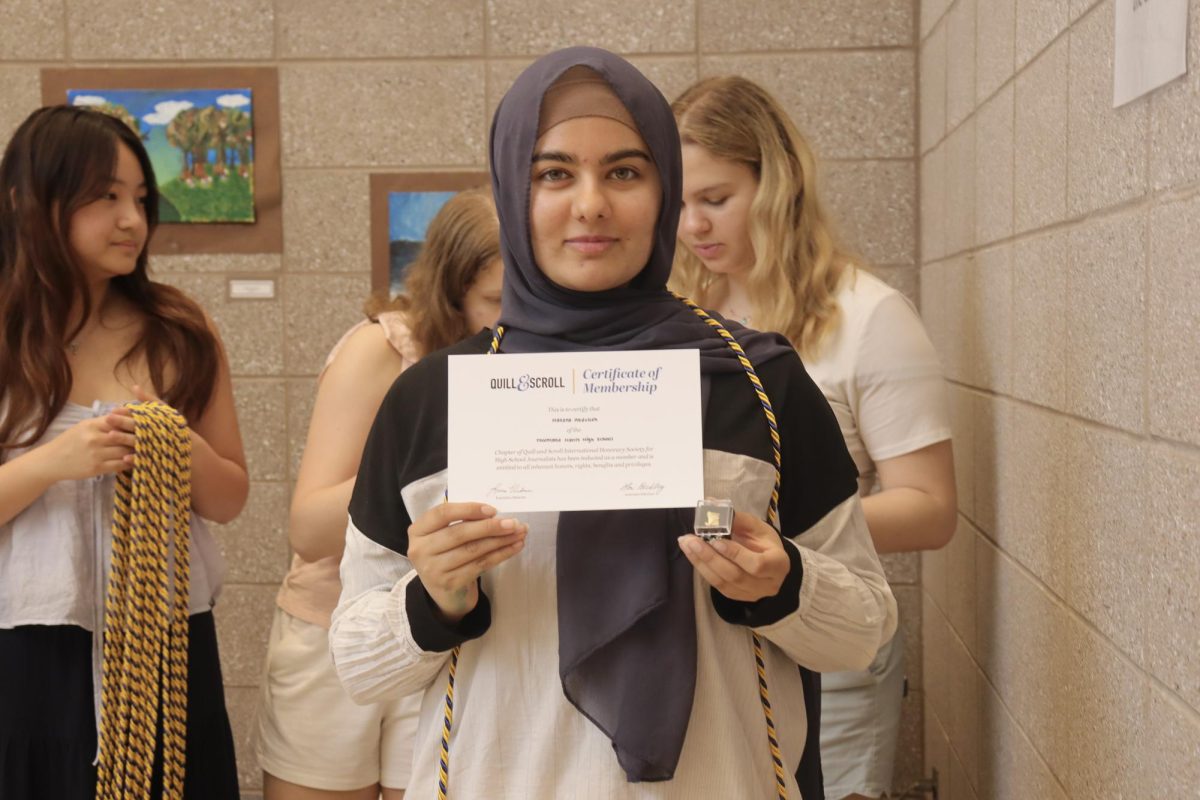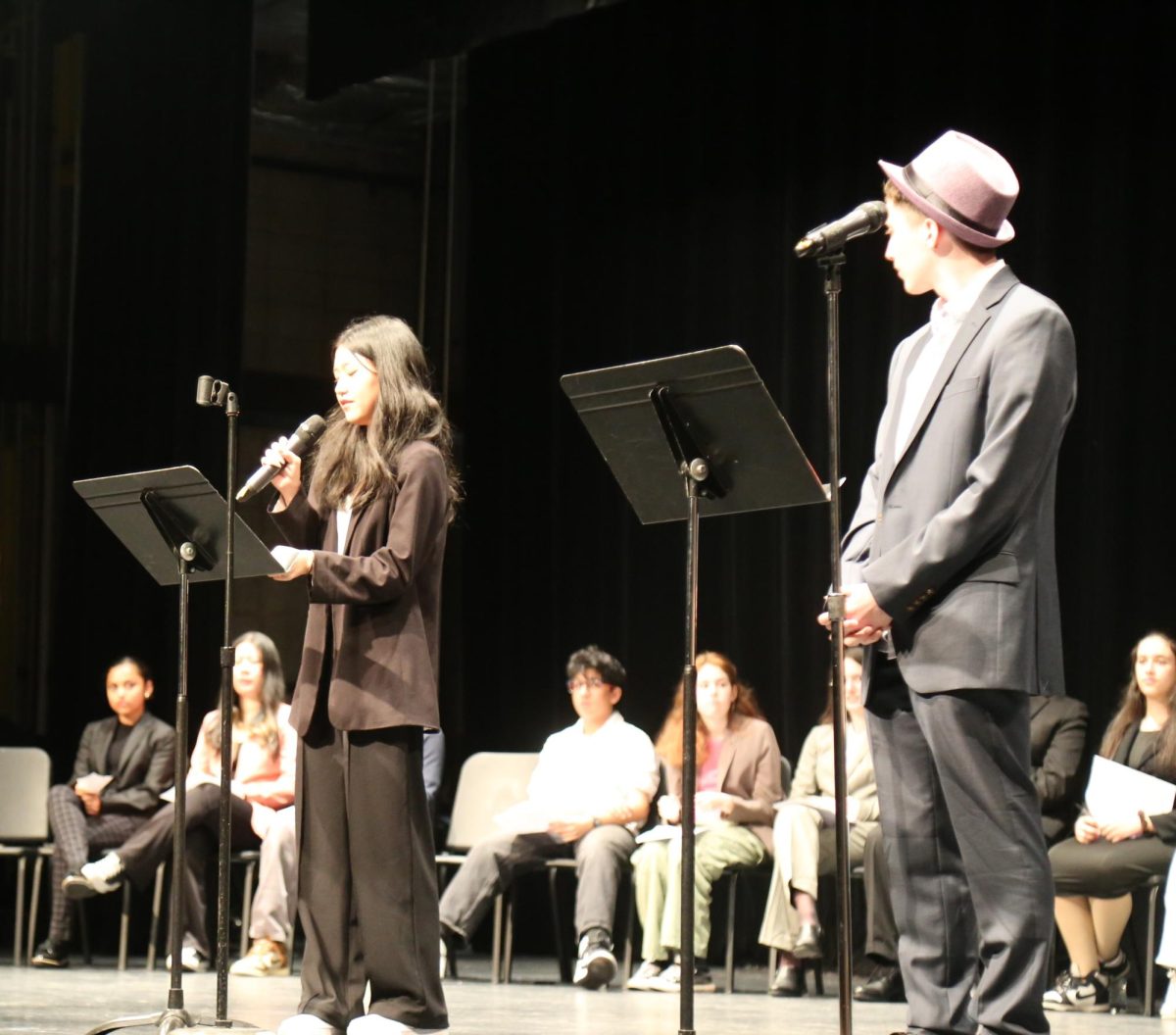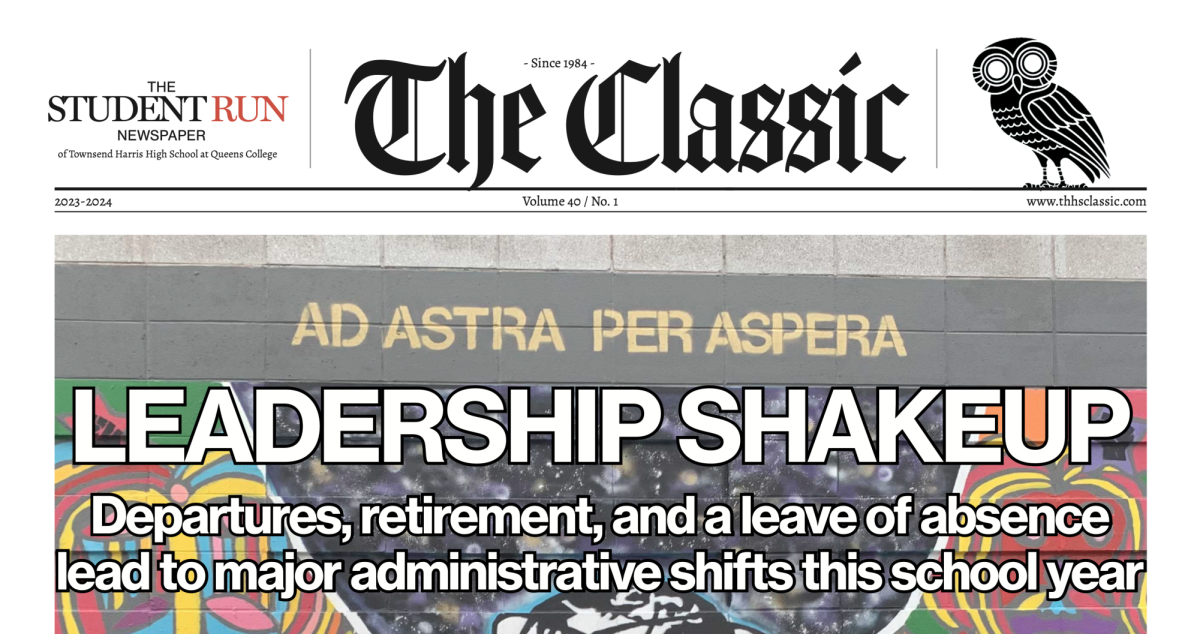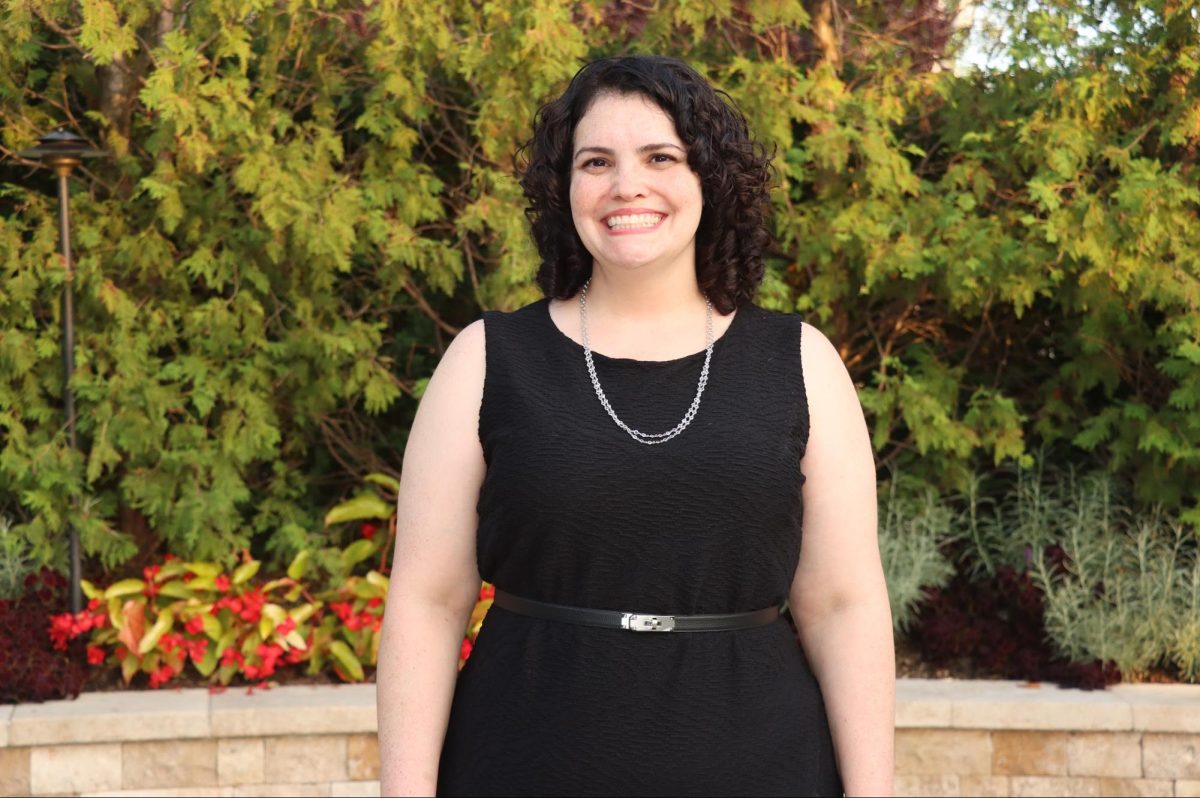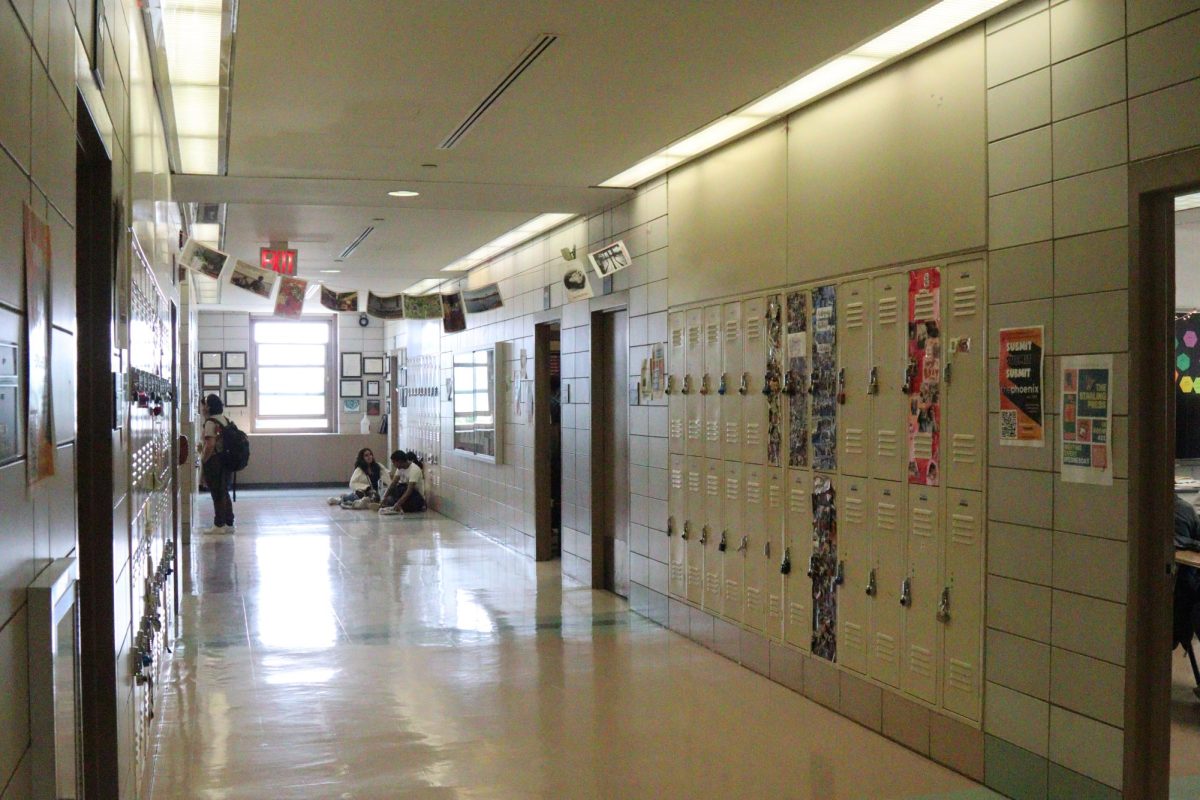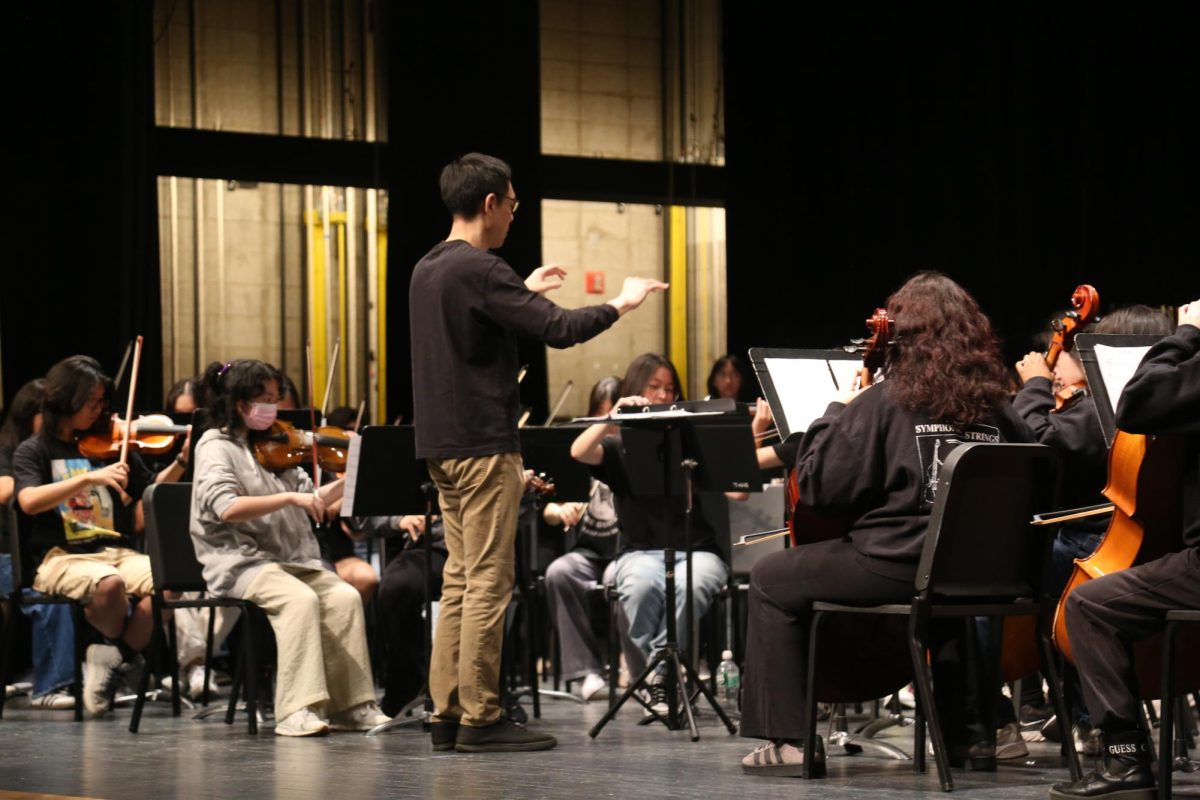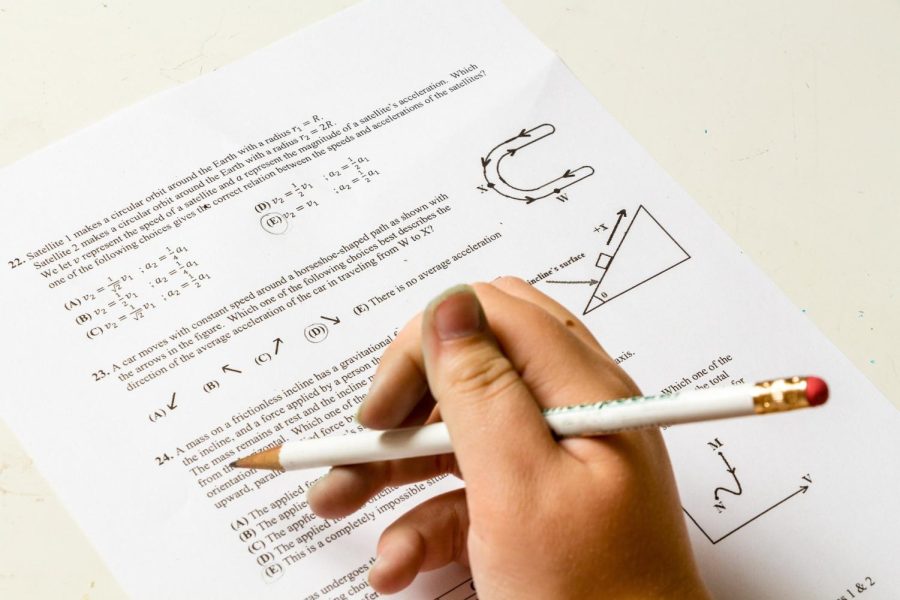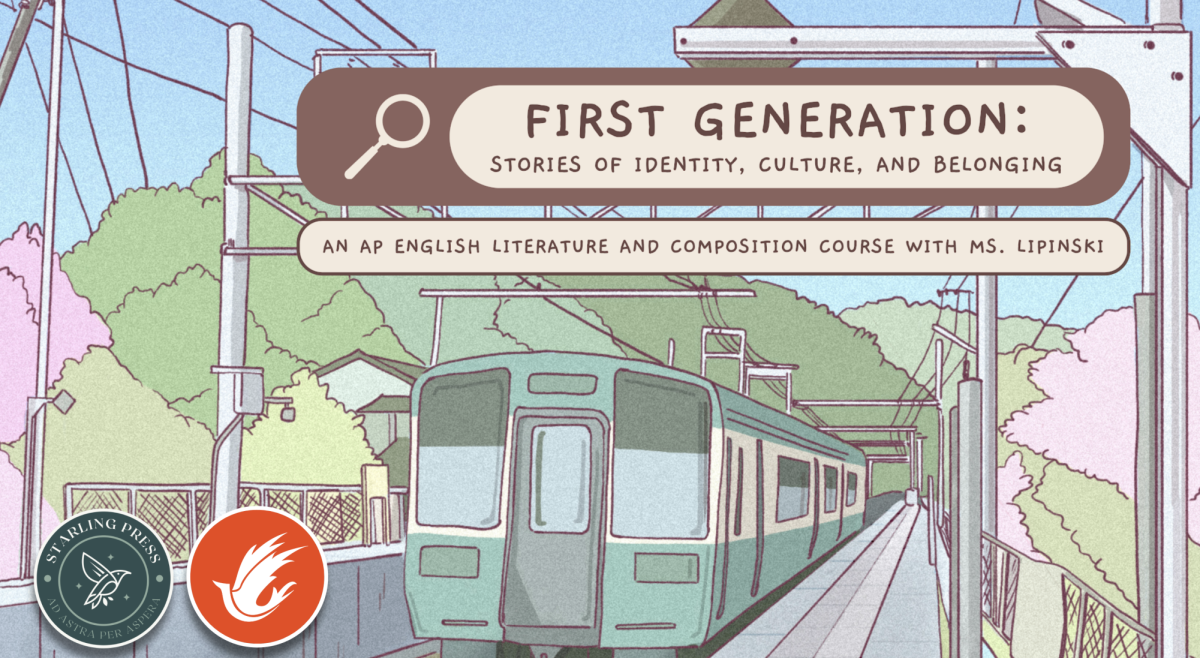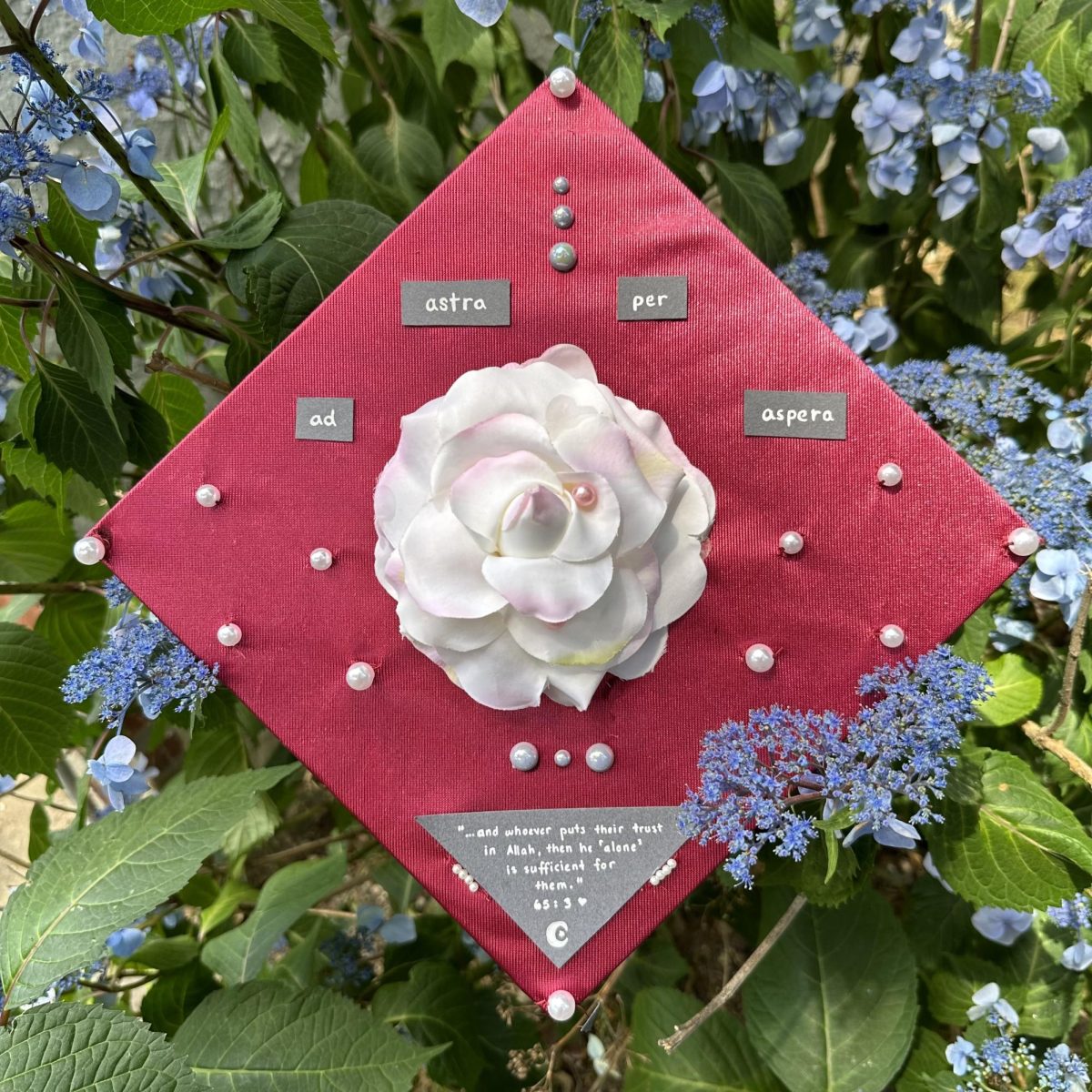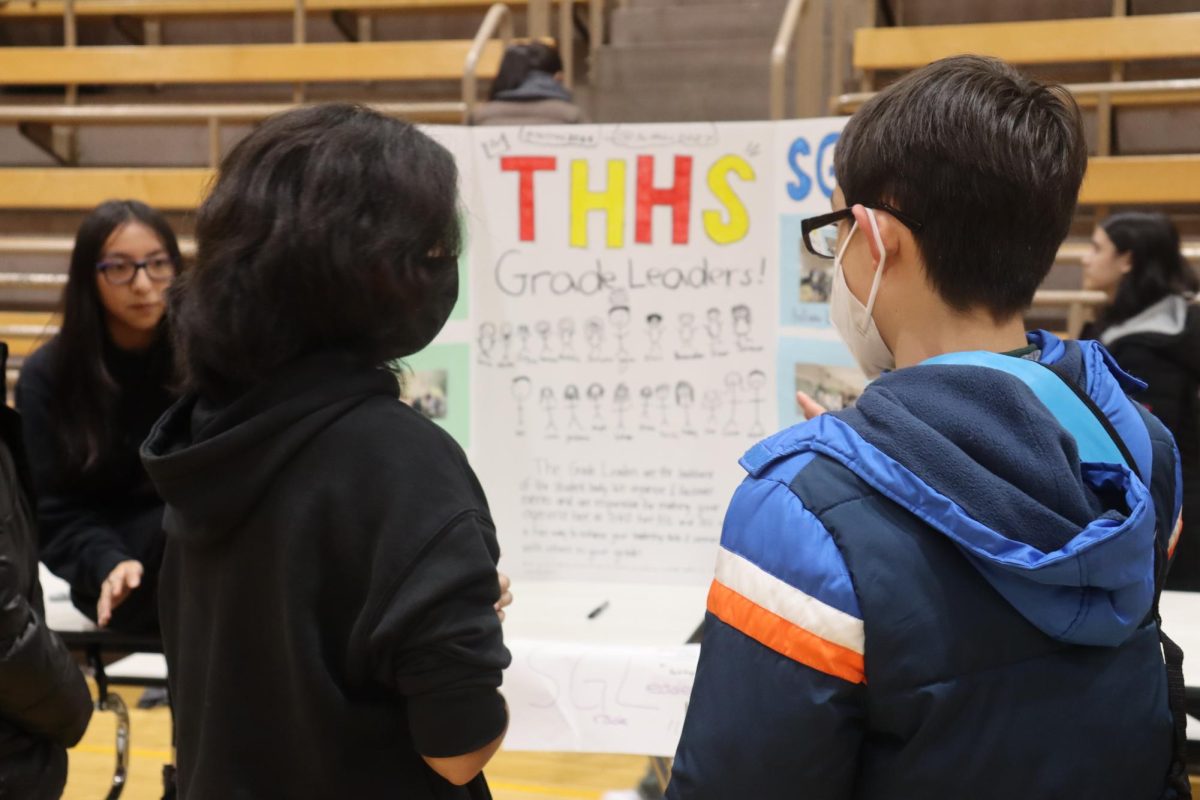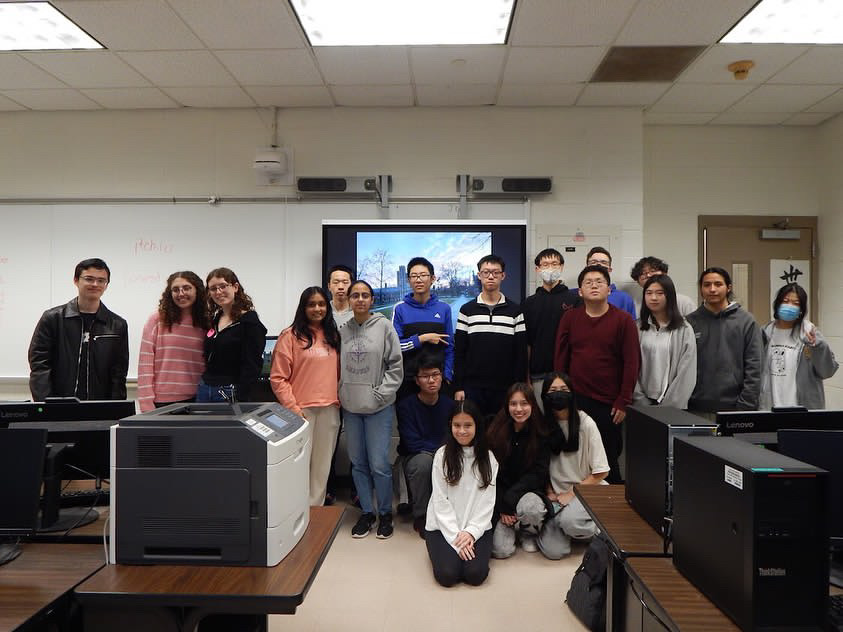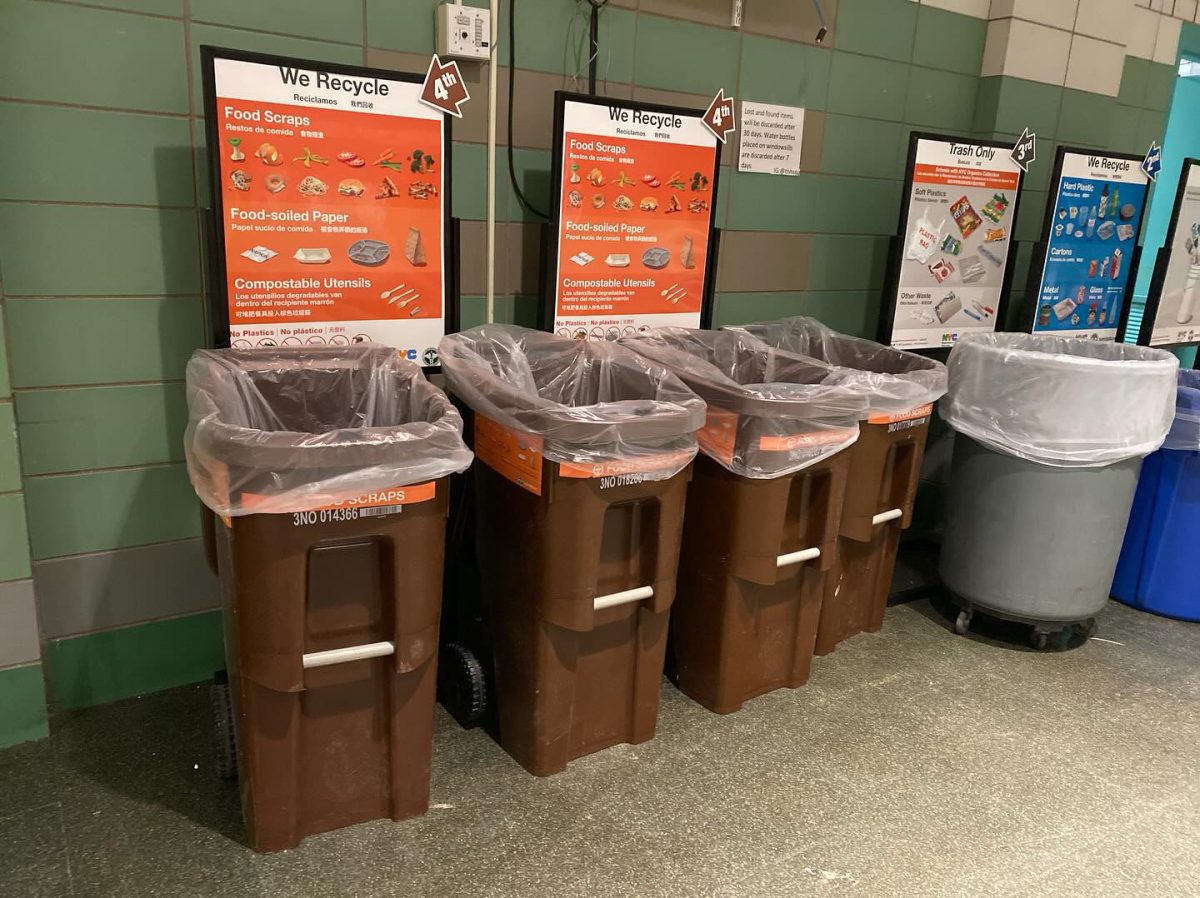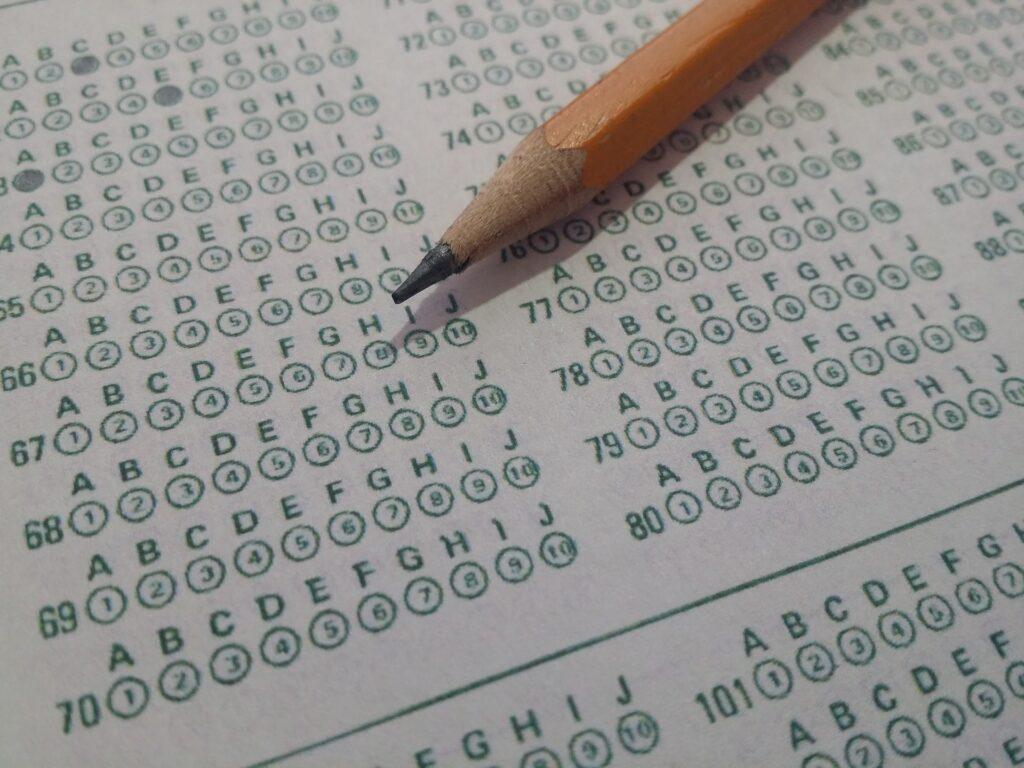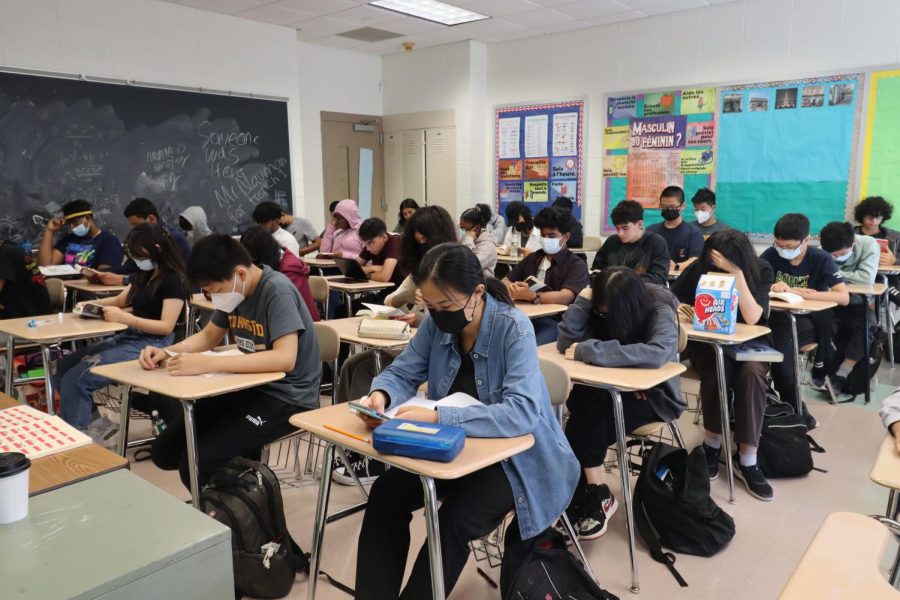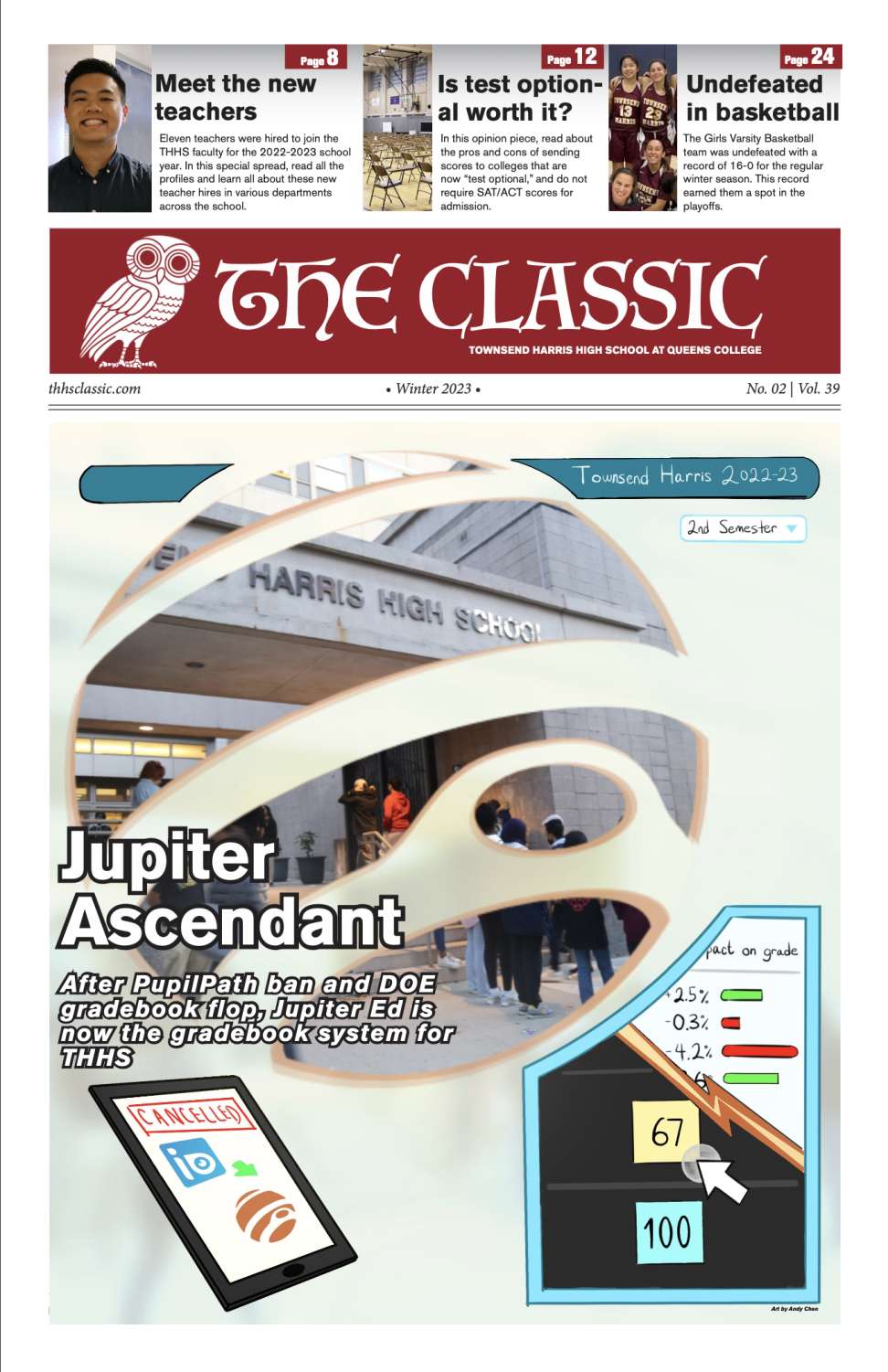
A holistic outlook of a student’s profile is critical as it embraces various aspects of a student’s performance in school. Townsend Harris integrates the Pupilpath grading system, allowing teachers to assess students on a range of categories: assessments, homework, and classwork/participation. Most teachers weight assessments as the most significant determinant of a student’s average, as they comprise between 45 and 70 percent. Homework, on the other hand, accounts for a meager 5 to 20 percent of a student’s grade point average. The excessive emphasis on exams fails to accurately gauge a student’s academic strengths, and thus testing must be modified to incorporate alternative assessment methods.
Confined to their homes, students may be hampered by the distractions of bustling family members. The aroma of lunch, the chatter of siblings, and the reverberating footsteps of people are part of daily life at home. This is by no means an ideal environment for testing, let alone learning. A student’s ability to focus falters and is further exacerbated by the 37-minute time constraint allotted for an exam. Additionally, online exams tend to be vulnerable to connectivity issues that are detrimental to test-takers. Technological fallibility creates anxiety and oftentimes forces students to retake assessments. During a pandemic, avoiding unnecessary stress should be a top priority of our school’s administration and teachers.
Three students who shared their experiences with The Classic revealed that most examinations are administered within the allotted band, and additional time is granted as needed. Quizzes and exams are administered in three to five of their classes—namely mathematics, science, history, and language—using platforms like Google Forms, Test Wizard, and AP Classroom to do so. At-home distractions for these students ranged from a lack of stable internet access to having siblings causing inconveniences during exams. To address these unfavorable circumstances, alternative testing formats, like project-based assessments, should be integrated into the virtual classroom.
Project-based assessments (PBAs) are an in-depth exploration of a topic that unfolds over the course of a semester. PBAs enable students to highlight underlying concepts of the curriculum while incorporating problem-solving, higher-order thinking, and creativity. Students are incentivized to solve a problem by means of collaboration or sheer ingenuity, preparing them for innovation in the real world and greater advantage in the job market. The nature of PBAs allows them to be conveniently completed over a time span rather than in a single sitting. Successful PBAs encourage students to focus on the nuances and bring real-life context into the curriculum.
Some argue that exams are among the most precise indicators of a student’s aptitude and a fundamental part of the learning process. Test scores are commensurate with the depth of students’ knowledge and achievement. However, high-stakes testing undermines the purpose of meaningful learning. Testing can involve comprehension and conceptualization but it can also be a game of memorization, inhibiting creativity and critical thinking.
A significant disadvantage of traditional testing, especially in a remote setting, is the high probability of cheating. PBAs mostly eliminate the prospect of cheating because of their creative components that are required to produce authentic work. Rather than recalling basic facts and formulas that are accessible on the Internet, students must work independently to test their abilities. Options range from a Flipgrid video to a poster gallery in which students formulate their own ideas through a combination of their skills and knowledge. Through such mediums, students will develop a genuine passion for learning while also reaping the rewards of a rigorous education. Therefore classes that rely on traditional cumulative testing as a primary gauge of a student’s learning should strongly consider utilizing project-based assessments.
Whether the learning environment is virtual or in-person, current assessment policies should be amended to diversify examination methods and place greater emphasis on discussions, essays, projects, and other mediums that foster creative learning.


